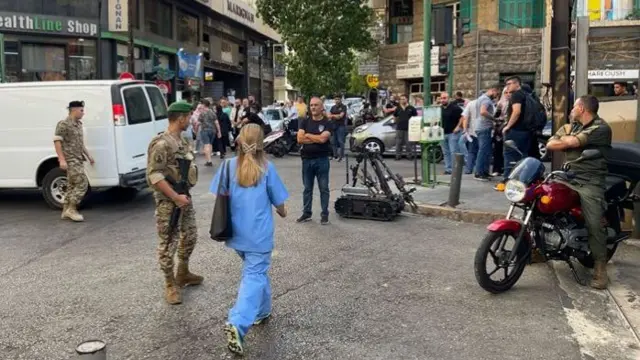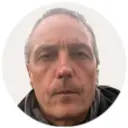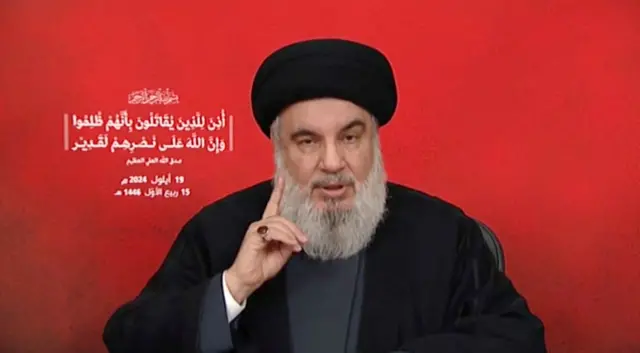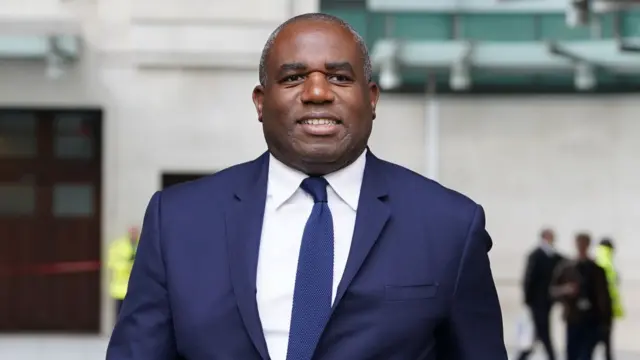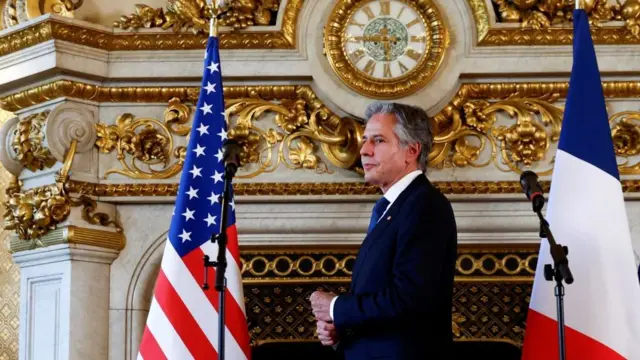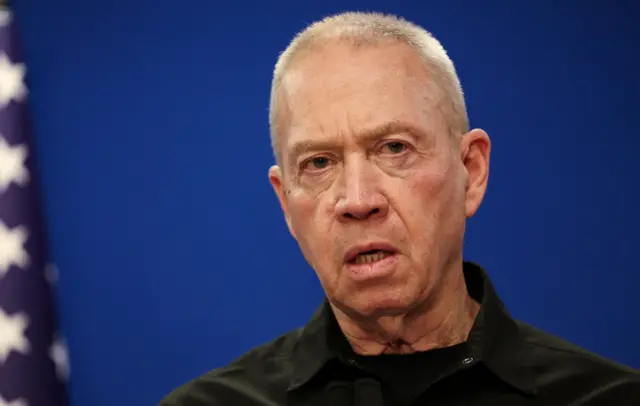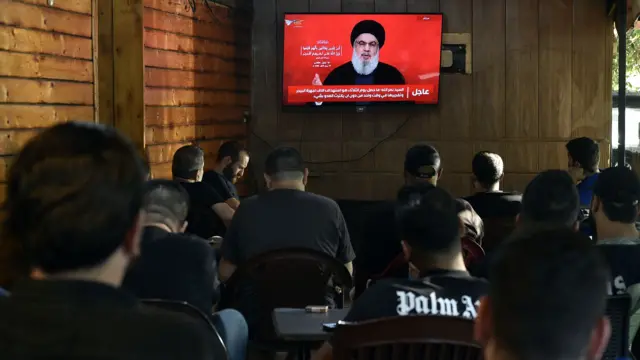US 'still gathering information' on Lebanon device attackspublished at 20:13 BST 19 September 2024
 Tom Bateman
Tom Bateman
State Department correspondent, in Washington DC
I’ve just come from the US Department of State press briefing, where I tried to pin down a few more basic facts from the spokesman, Matthew Miller.
It follows anonymous briefings from US officials we reported on yesterday suggesting Israel did in fact tip off Washington ahead of Tuesday’s attacks that it was about to do “something” in Lebanon, but gave no details of the operation.
On Tuesday, Miller said the US “was not aware of this incident in advance”. I just asked him if that was still correct and he said: “The statement I made on Tuesday was 100% accurate”. The US says it's still “gathering information”.
I pressed Miller on whether Washington sees the attacks as consistent with international humanitarian law which prohibits uses of booby-traps in the form of “harmless portable objects”.
Miller said: “We take into account all the relevant provisions of international humanitarian law when we assess incidents of this type… I don’t pronounce judgement on those from this podium”.
The US remains in a holding pattern – stalling on saying anything beyond the most basic comments (it is not even publicly attributing the attacks to Israel) – while it decides on its next moves to help shield its ally from the potential repercussions.
